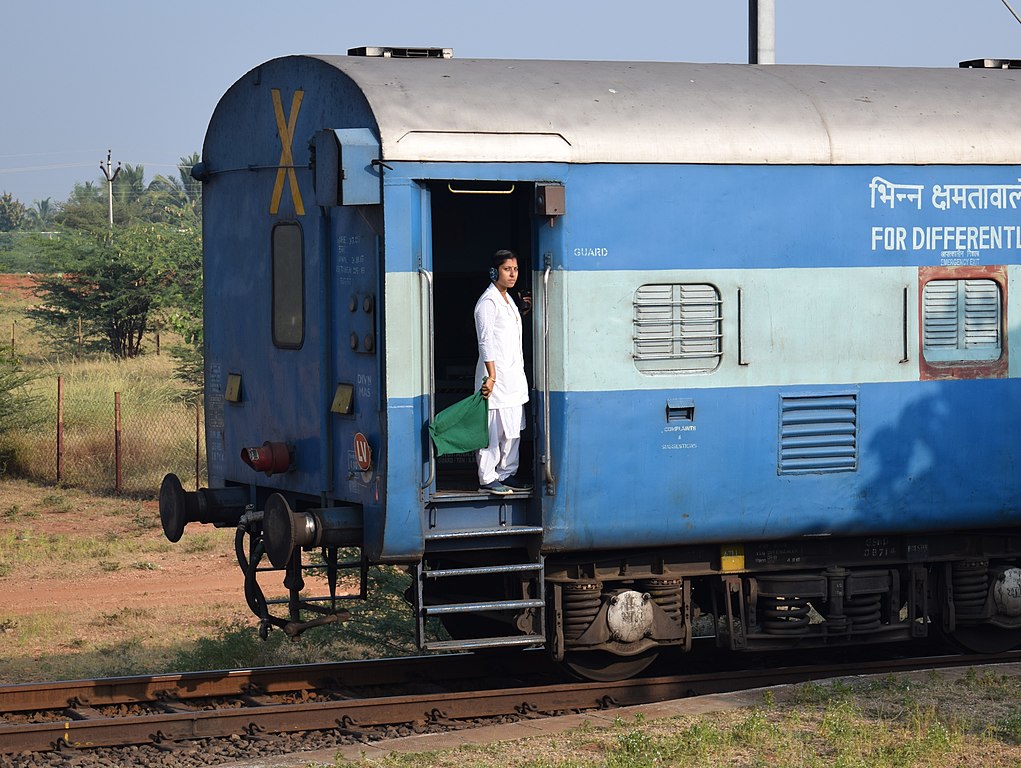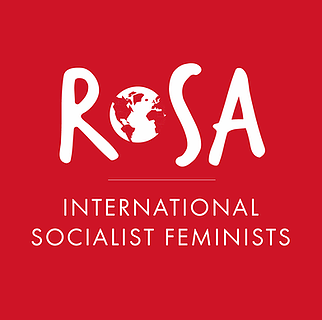Hands off Indian Railways: Stop Privatisation

All the arguments in favour of the privatisation of Indian railways and in fact, of any privatisation world-wide, are nothing but lies, with the main incentive being to line the pockets of the rich elite. Privatisation should be stopped.
India’s love affair with the railways goes all the way back to the colonial era, when the first train set off from Mumbai to Thane over a distance of 34 km. In the 1900s the railways came under complete government control. Since then, Indian railways has grown into the 4th largest passenger train network and the 8th largest job provider in the world, with over 1.2 million employees (as of March 2019). It boasts 290,000 freight wagons, 75,000 passenger wagons, and 12,000 locomotives, covering a distance of over 66,000 km (sufficient to cover the earth’s diameter 5 times!)
Threat of Privatisation
On 1 July 2020 the Government announced its so-called “masterstroke” plan to privatize Indian railways by April 2023. Since the privatisation was announced, every news channel has been talking about how the railways will be “liberated”, fabricating lies, while failing to mention the disadvantages of privatisation – the effects it could have on the economy and especially the ordinary people, who always bear the brunt in any profit-driven sector. But privatisation of Indian railways will prove to be a major problem to the working class.
The challenge of an enormous area
India is a land of extremely diverse landscape, covering deserts, valleys, plains, plateaus, hills and coasts, spread over a vast area with varying climates due to which the governance of railways is divided into 17 zones and 73 divisions. As one private enterprise cannot manage all the zones, India Railways will be sold to several enterprises. This will create an unnecessary arena of competition in the railways sector, with more emphasis on cutting costs by reducing the salary of the workers. Management will be concerned at only filling their pockets with profit and not bothered about providing services. The aim is to shift from providing a service to gaining profits, with a wide range of effects on the sector. Almost every private enterprise works to temporarily cover up the problems it creates in order to show the customers that everything is running smoothly and to maintain trust, thus leaving problems to pile up for the future. This is the incentive of capitalism everywhere, since enterprises are profit driven!
Many jobs put at risk
Not so long ago the government also had plans to privatize BSNL, India’s state-owned telecommunications agency. With an estimated 88,000 job losses and an MP calling employees, who opposed the privatisation ‘traitors’, the government soon realized they risked becoming unpopular and scrapped the plan.
As Indian Railways provides jobs to over 1.2 million Indians and as private enterprises fire people in difficult times such as this pandemic, it is no exaggeration to say that millions could be at risk of unemployment. Many lower middle-class people could even face bankruptcy due to increased prices. This job uncertainty caused by private companies could be a huge blow to the Indian economy, especially affecting those who depend on jobs in the railways.
A widening gulf between rich and poor
Most of India lives off daily wage jobs. In cities such as Mumbai, several millions travel every day, with trains often having to run overtime to meet public demand. Under privatisation, such regions with more demand would receive more interest and development due to the greater possibilities of generating profit. But at the same time, rural areas with much less frequently running trains and fewer profit opportunities would face neglect and even the threat of the closure of such railway lines, completely cutting off many small villages and leaving them isolated and far from where development takes place.
Another drawback could be the loss of accountability. Most of India’s population lives in poorer rural regions, where illiteracy is higher. Illiterate people in particular see the government as the sole place where they can express themselves on such problems. With the power of railways handed over to private firms, such people will lose their power to hold them accountable and raise their grievances, as they lack the wealth, organization, and often the awareness to be able to stand up to the private sector tycoons. Meanwhile, the rich elite make excuses and try to make them believe that it is their bad luck that they were born poor and it is their “God-given” destiny to struggle to even survive in such conditions.
Lessons from privatisation elsewhere
India’s railways were started by the British. After World War II, the social democrat leader Clement Attlee, under pressure of the working class, had no other choice but to nationalise the railways. However, in the early 1990’s, the John Major government privatized British Rail. Ever since there has been a dog fight between private companies. With the promise of lower ticket prices forgotten, prices have skyrocketed. The privatised railways are not even run according to the professed principles of capitalism since the companies that own the railways contribute mere millions to keeping the railways operating, while billions in taxpayers’ money are spent by the government to keep them afloat.
This is fabricated capitalism, which under cover eats taxpayers’ money in order to gain profit, with the British public paying over 5 billion pounds each year. This renders almost all arguments in favour of capitalism redundant. Another story told by the Conservatives to the public is that it has increased the number of people using the railways. This is another case of misleading the public. While the number of people using the railways has increased from 144 million in the early 1980’s to a billion at present, this increase is concentrated only in the regions in and around London, with train networks such as Southern railways facing near extinction due to bankruptcy. This proves the point that rural railways would face the same problems if they were to be privatized in India.
Hidden incentives of capitalism exposed
Throughout the world there is a disturbing trend. Corporate-business and tycoon-friendly capitalist governments, such as that of Reagan in the 1980’s USA, cut taxes for the rich while at the same time cutting the nation’s social spending such as social security and unemployment benefits. At the same time, state-owned companies and services are privatised in the name of improving services, only to further the interest of their elite rich friends, who pay them huge amounts in donations to keep them in power during elections. Worldwide, we must do what we can to stop such privatisations, which destroy public amenities, turning them simply into means for making a profit.
Fight back needed
All the arguments in favour of the privatisation of Indian railways and in fact, of any privatisation world-wide, are nothing but lies, with the main incentive being to line the pockets of the rich elite.
The only means of protection for the railway workers is to set up a democratic trade union. As comrade Lenin said, “politics begin where millions of men and women are; where there are not thousands, but millions, that is where serious politics begin”. A mass involvement of all the railway workers is required to protect our railways.
Rather than privatizing our railways, the government can instead increase the expenditure on the railways from the Union Budget to improve and expand existing services.
The efficiency of the trains is extremely important as they are such a widely used means of transport. Their improvement to better suit the climate is essential, and this cannot be left in the hands of wealthy capitalists, as they are bothered only about their profits.
Moreover, it is essential that students and commuters also join the workers’ protests by organising a solidarity campaign.
It is not an easy process to stop privatisation — it requires a hard fought victory needing explanation and organization. For this we need democratic, fighting trade unions in which decisions are made by the workers themselves, rather than left in the hands of union leaders who end up compromising on peoples’ rights.
We cannot abide and stand by while they make concessions. This is a class struggle, not a play in a theatre.
To ensure complete democratization of the movement, it is necessary to create assemblies elected by workers, where there is complete transparency in the decision-making process. This will ensure that the movement will survive and advance to reach all corners of the country and achieve its aim of protecting our railways. It is in the power of the working class to stand up against the crime of privatisation. We need to protect what the state-owned enterprises provide for us as a basic human right. We need to take a firm stand and not fall prey to the fabricated lies of the profit-driven sector which is made to look sweet in order to keep the power of the common people in check.





